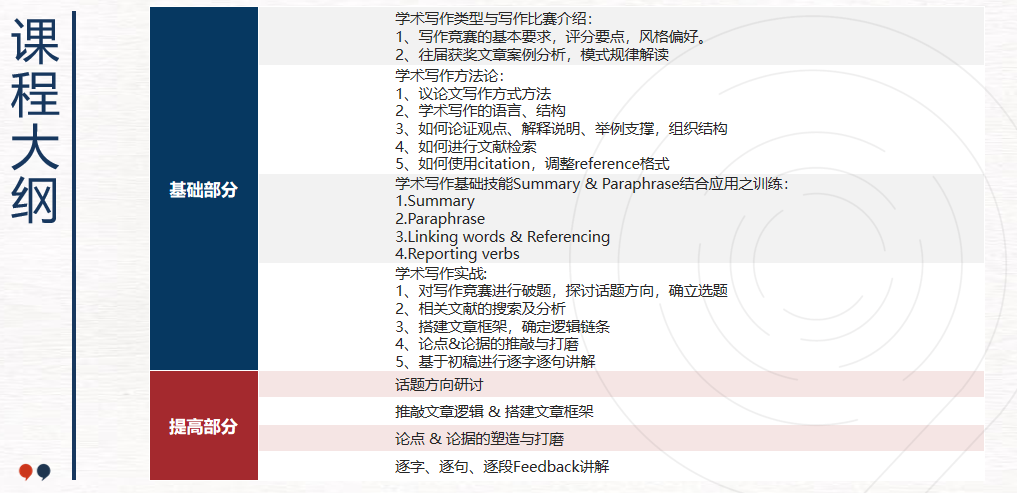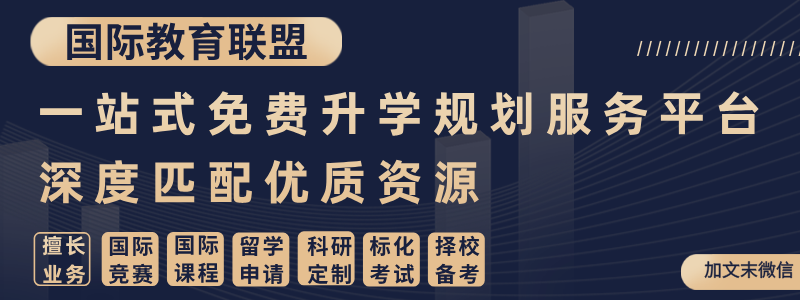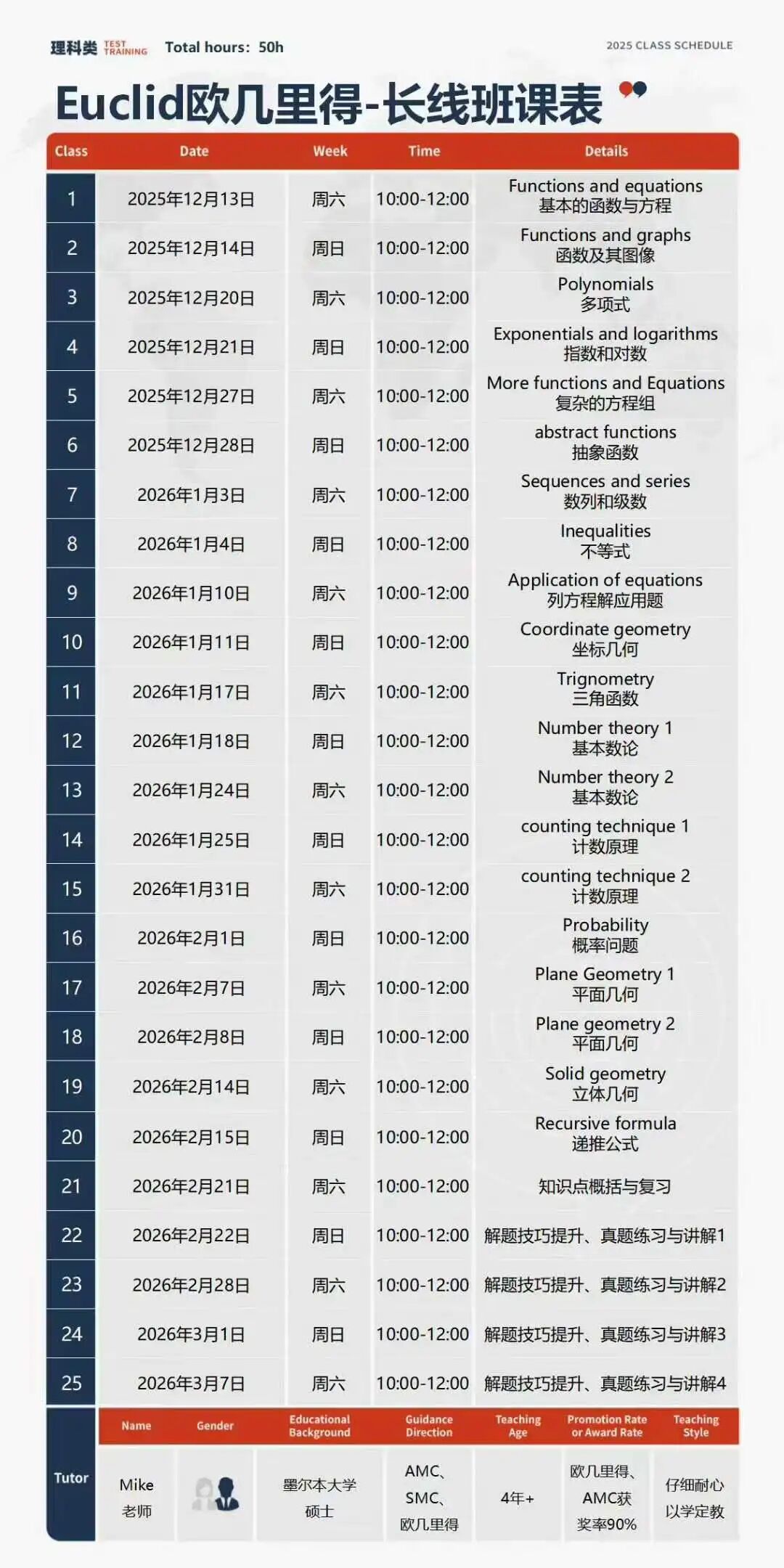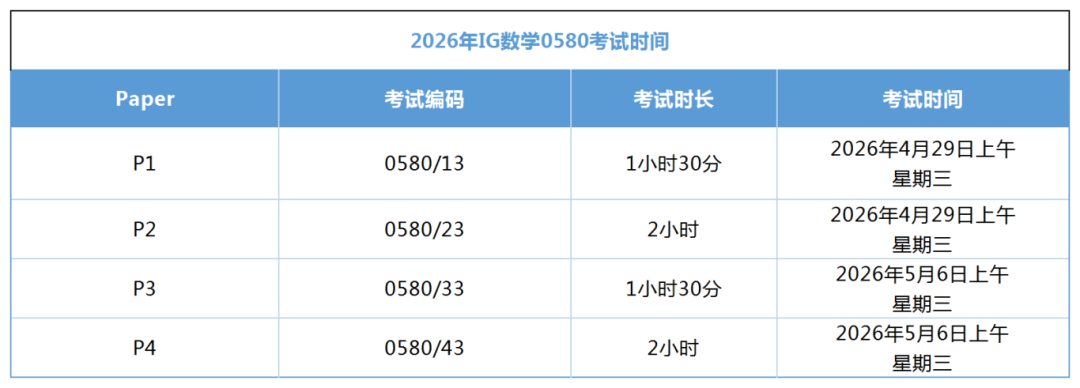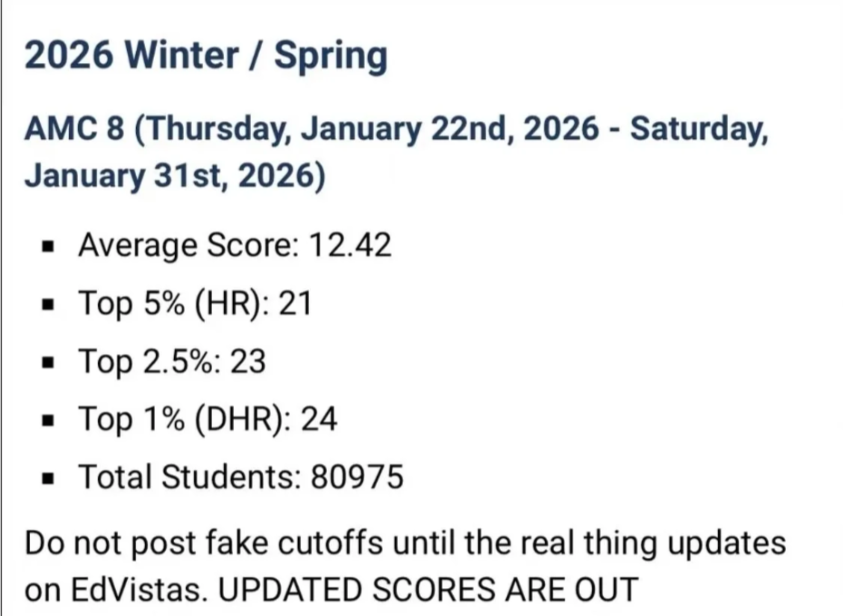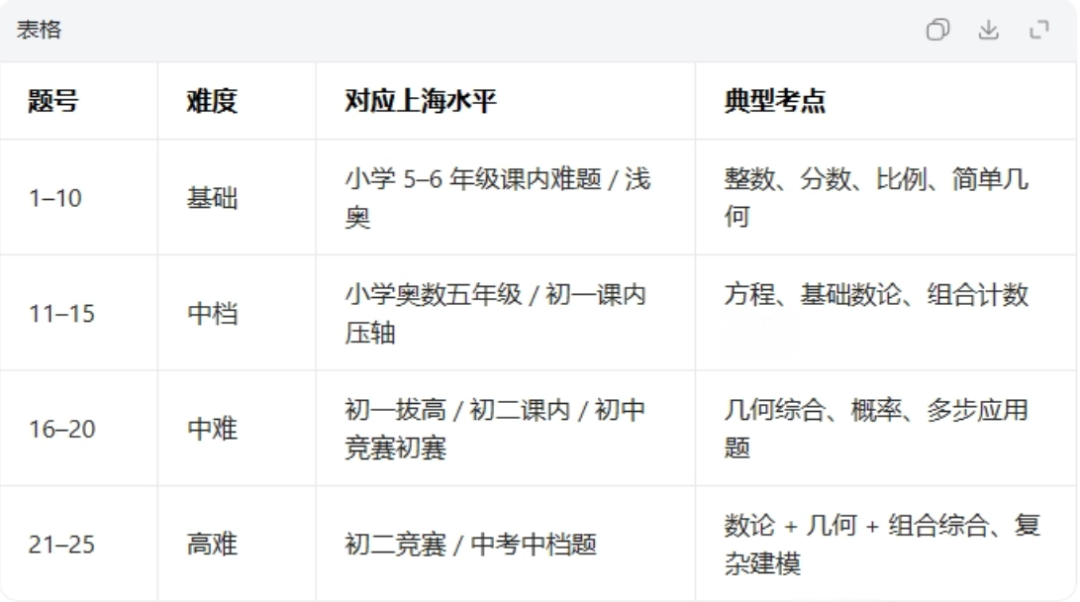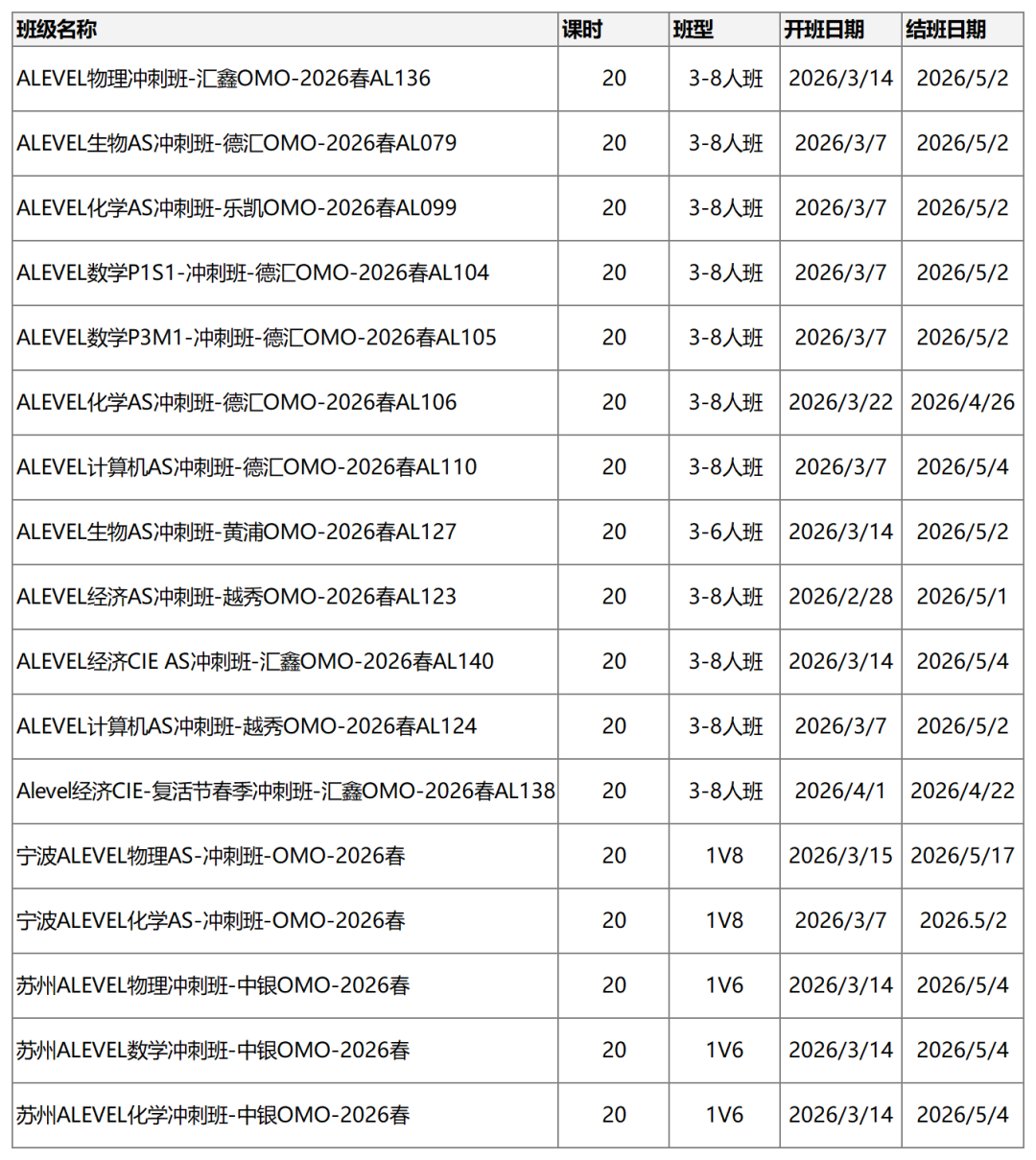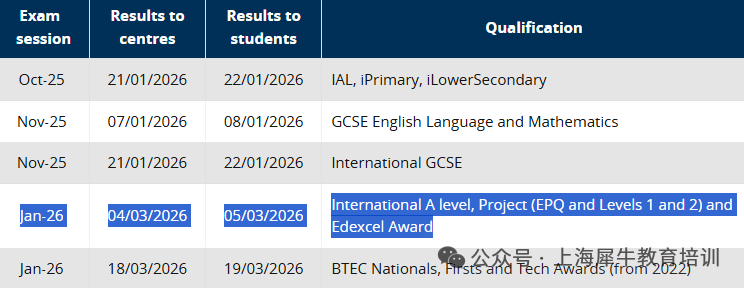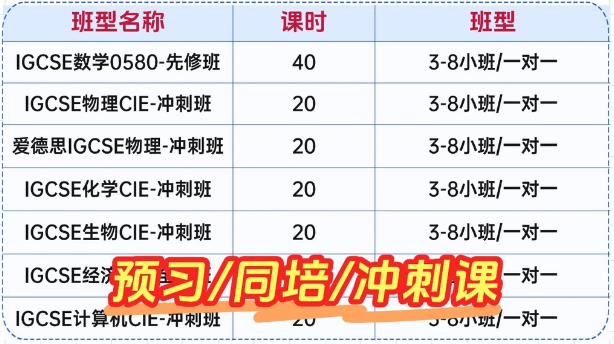堪称最牛经济学论文大赛的HIEEC哈佛国际经济学论文大赛由哈佛大学本科生经济学协会(HUEA)和《哈佛大学经济评论》(HCER)联合主办。HIEEC哈佛国际经济论文赛正式开题 。25-26HIEEC竞赛题目有哪些?HIEEC论文提交规则是什么?奖项有哪些?
25-26HIEEC竞赛放题
HIEEC哈佛国际经济学论文比赛四个赛题方向:Environment(环境)、Inequality(不平等)、Workforce & Education(劳动力和教育)、Crypto/Finance(加密货币/金融)
1) Environment:As climate change intensifies, governments and corporations are turning to carbon offset markets and nature-based solutions (like reforestation or carbon capture) to meet emission targets. Yet critics argue these mechanisms allow wealthy nations and firms to “buy their way out” of real reductions, while creating new inequities for developing economies.
环境
随着气候变化日益加剧,各国政府和企业正越来越依赖“碳补偿市场”,也越来越依赖于“基于自然的解决方案”,例如重新造林,或者是碳捕捉(将二氧化碳捕捉并封存在自然系统中)等手段,来达成减排目标。
然而,有批评者指出,这类机制会让富裕国家、大型企业得以“花钱赎罪”,以购买名额的方式,逃避真正的减排责任,同时在发展中国家里造成新的不平等。
Prompt: Evaluate the economic and environmental effectiveness of carbon offset markets as a tool for reducing global emissions. How might these markets influence international trade, investment, and development? Should countries prioritize directemission reductions over offset schemes, or can both coexist effectively? Propose economic policies that could enhance thecredibility and fairness of global carbon offset systems.
题目要求:
评估“碳补偿市场”在减少全球碳排放方面,对经济和环境起到了怎样的效果。“碳补偿市场”是如何影响国际贸易、跨境投资与经济发展的?各国是应该用补偿机制(offset schemes),来优先推动“直接减排”?还是说,“碳补偿机制”与“直接减排”,是可以有效共存的?请提出一些经济政策建议,来提升全球碳补偿体系的可信度与公平性。
2) Inequality:The rapid rise of generative AI and automation has sparked fears of a “productivity boom without wage growth,” where capital owners capture most of the benefits. Some economists propose implementing a universal basic income (UBI) or data dividend to redistribute the value created by automation.
不平等
生成式人工智能(Generative-AI)与自动化技术的迅猛发展,引发了人们对“生产力增长、但工资停滞不动”的担忧,人们担忧资本所有者分走了绝大部分的发展红利。一些经济学家建议,要推行“全民基本收入(UBI, universal basic income)”或者是“数据红利(data dividend)”政策,将自动化技术带来的财富更公平地分配给公众。
Prompt: Analyze the potential of universal basic income or data dividends as policy responses to technological inequality. What economic trade-offs might arise from decoupling income from labor,and how could these affect long-term growth, innovation, and social cohesion? Consider how different income groups and countries at varying levels of development might respond to such policies
题目要求:
分析一下,用UBI全民基本收入/数据红利这些政策工具,来应对这种由技术而造成的不平等,是否有可行性?当收入不再与劳动直接挂钩时,社会可能面临哪些经济上的取舍与权衡?这一转变又会如何影响长期增长、创新机制与社会凝聚力?请结合不同收入群体、不同发展水平国家的情况,会以怎样的方式应对这种政策?
3) Workforce & Education:Hybrid and remote work, accelerated by global digitalization, has reshaped labor markets and urban economies. As geographic proximity becomes less critical, cities face shifting housing demand, changing tax bases, and new infrastructure needs.
劳动力与教育
在全球数字化的加速推动下,混合式办公(hybrid work)与远程工作(remote work),正在重新塑造劳动力市场与城市经济结构。随着地理位置的重要性下降,城市正在面临着住房需求变化、税源(tax base)变化,以及对新型基础设施的新需求。
Prompt: Examine the long-term economic implications of a global shift toward remote and hybrid work. How might this transformation affect productivity, urban inequality, and educational priorities? What role should governments and institutions play in balancing the benefits of flexibility with the risks of labor market fragmentation?
题目要求:
探讨一下,全球向远程与混合工作模式(hybrid and remote work)转型,这件事有怎样的长期经济影响。这种转变将如何影响生产率、城市内部的不平等,以及教育体系的重点方向?政府与教育机构应如何在“灵活性带来的机遇”与“劳动力市场碎片化的风险”之间取得平衡?
4) Crypto/Finance:Amid rising debt levels and global inflation uncertainty, some governments have explored issuing tokenized sovereign bonds or blockchain-based currencies to improve transparency and accessibility. Yet such innovations raise questions about security, regulation, and the role of private intermediaries.
加密货币与金融
随着全球债务水平攀升、通胀前景不明,一些政府开始尝试发行“代币化主权债券”(tokenized sovereign bonds),或基于区块链的数字货币,从而提高财政透明度,降低资金门槛。然而,这种创新也引发了关于安全性、监管机制以及私人金融中介角色的新疑问。
Prompt: Assess the economic and financial stability implications of tokenized government bonds and blockchain-based public finance systems. Could such technologies democratize investment and improve fiscal transparency, or do they introduce new systemic risks? How should central banks and regulators adapt to a financial system increasingly built on distributed ledger technology?
题目要求:
请评估,代币化政府债券(tokenized sovereign bonds),还有这种基于区块链的公共财政体系,对经济、金融稳定性,会有怎样的影响?这些技术能否能有效降低投资门槛、提升财政透明度?还是说,它们会带来新的系统性风险?当金融体系越来越依赖分布式账本技术(distributed ledger technology),中央银行与监管机构又应该如何调整、如何应对?
HIEEC哈佛国际经济学论文介绍
HIEEC官网地址:https://www.thehuea.org/general-8

参赛对象
9-12年级高中生(对经济学知识理论有较强兴趣)
致力于申请经济/金融/社科等方向的学生
比赛时间
论文题目公布:2025年10月28日
论文提交截止:2026年1月5日 23:59 EST
高度推荐奖与决赛入围者通知:2026年3月中旬
获奖者通知及官网结果公布2026年3月底
论文要求
参赛者必须从给定的4个选题中选择其一进行写作,论文字数不超过1500字。
论文格式
• 论文必须包含引用资料,如有抄袭,参赛选手将立即失去比赛资格。
• 参考文献必须采用芝加哥或APA格式。
• 只接受PDF格式的文件,任何其他格式都将被视作无效文件。
2025-2026HIEEC题目
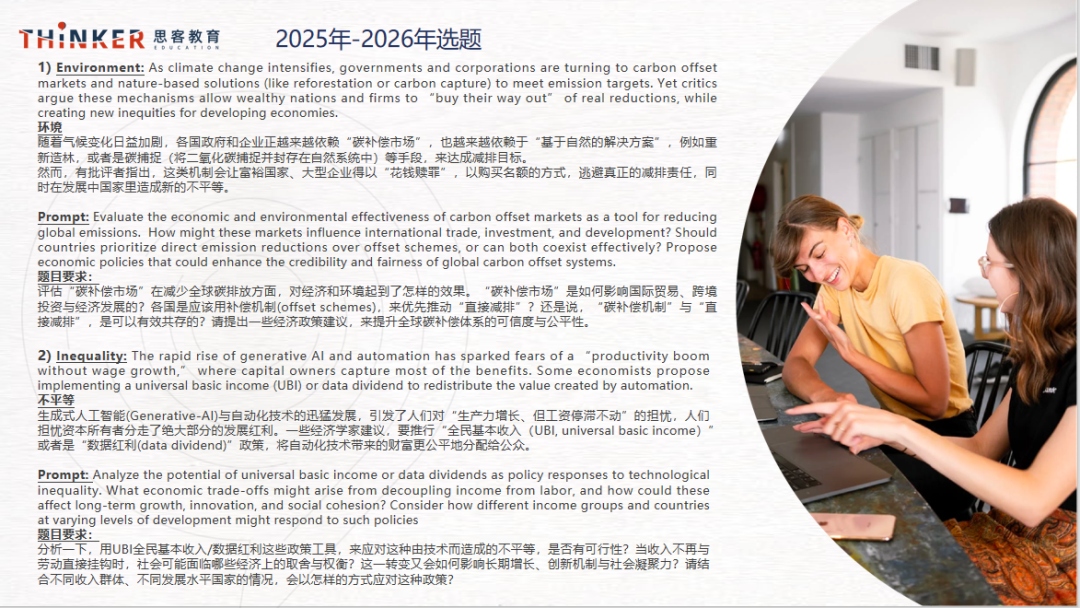
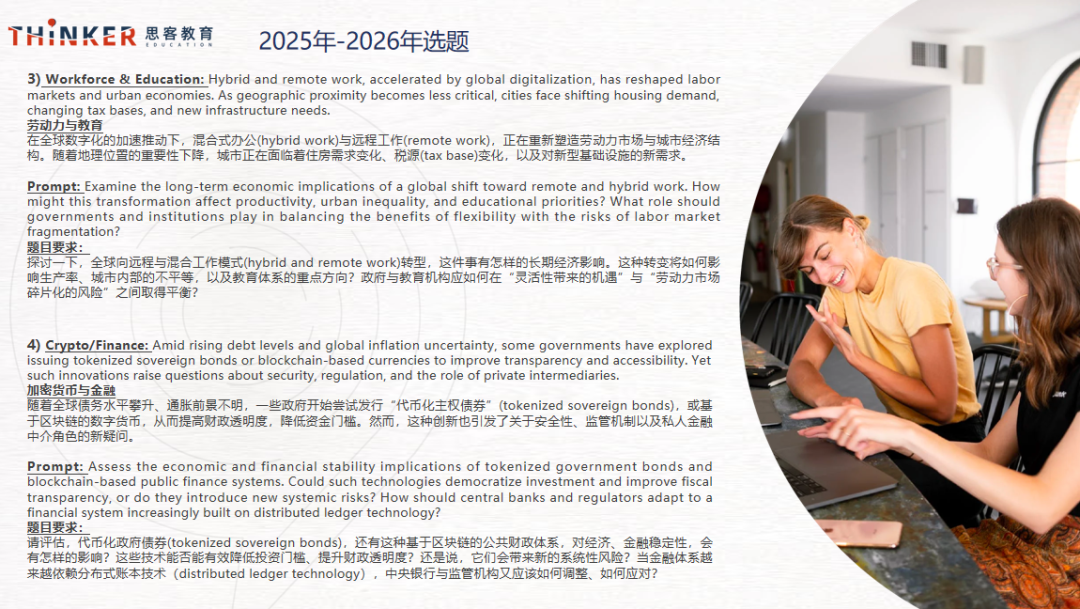
奖项设置
获奖者:前3名
获奖论文(经作者许可)将在《哈佛大学经济评论》官网发表
入围:前10名
入围名单将在官网上公布,并由2016年经济学诺贝尔奖得主Oliver Hart进行评审
特别表彰(Highly Commended):共20名
获奖名单将在官网上公布
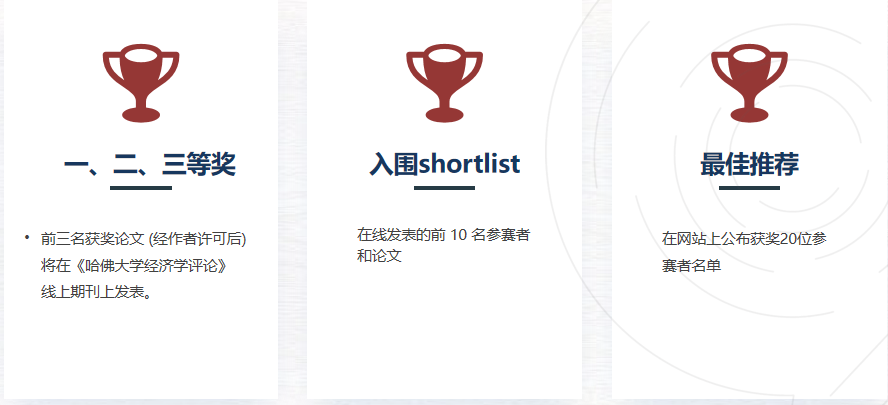
HIEEC竞赛论文要求
参赛者必须通过HUEA网站提交论文,并且只能提交一篇文章
√如果提交多篇,评委会只会对第一篇论文进行评审
√每篇论文提交时将会收取评审费
美国申请人:20美元国际
(非美国)申请人:30美元需在提交论文时支付
√论文将由HUEA和HCER的董事会进行评审,前10名文章将由哈佛知名教授、2016年诺贝尔经济学奖得主Oliver Hart评审
HIEEC经济论文辅导
机构成立于2014年,专注国际竞赛辅导11年,HIEEC竞赛培训帮助学生快速了解英文学术写作思路。在批判性思维的分析中,逐步建立自己的观点。同时,提升英文的写作能力,助力HIEEC冲奖
授课时间:全程班20课时,1V1线上授课
辅导模式:通过名校导师+督学全程跟进服务的辅导方式高效地帮助学生产出高质量作品参加比赛。
课程大纲:
